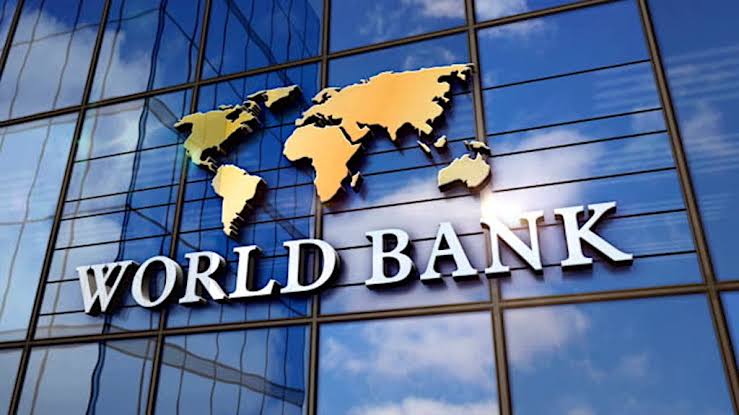The World Bank has outlined plans to approve $1.65bn in new loans for Nigeria in 2025, focusing on internally displaced persons, education, and nutrition.
This comes as part of its ongoing efforts to address critical developmental challenges in the country.
According to information obtained from the World Bank’s website, three projects are in the pipeline.
The first, titled Solutions for the Internally Displaced and Host Communities Project, will receive $300m and aims to provide sustainable solutions for displaced persons and their host communities. Approval for this project is slated for April 8, 2025.
The second project, HOPE for Quality Basic Education for All, is expected to secure $553.8m in financing. Scheduled for approval on March 20, 2025, it seeks to enhance basic education quality across the country.
The largest project, Accelerating Nutrition Results in Nigeria 2.0, will involve $800m. Approval for this initiative is set for February 20, 2025, with the aim of improving nutrition outcomes nationwide.
Under President Bola Tinubu’s administration, Nigeria has secured loans worth $6.95bn from the World Bank in 18 months, including the latest $500m approved on December 13, 2024, for the Rural Access and Agricultural Marketing Project—Scale Up.
This project seeks to connect rural communities to markets, schools, and hospitals while promoting social cohesion.
Since June 2023, the Tinubu administration has received approvals for several significant World Bank loans, including:
$750m for the Power Sector Recovery Performance-Based Operation (June 2023).
$500m for the Nigeria for Women Program (June 2023).
$700m for the Adolescent Girls Initiative for Learning and Empowerment (September 2023).
$750m for the Distributed Access through Renewable Energy Scale-Up Project (December 2023).
$2.25bn for economic stabilization and resource mobilization programs (June 2024).
$1.57bn for education, healthcare, and water management (September 2024).
Nigeria’s Mounting Debt Challenges
The World Bank remains Nigeria’s largest external creditor, holding $16.32bn of the country’s total external debt as of 2024, according to the Debt Management Office.
This accounts for 38% of Nigeria’s total external debt, with the International Development Association (IDA) being the primary lender.
The Federal Government spent $3.58bn servicing foreign debts in the first nine months of 2024, a 39.77% increase from the $2.56bn spent in the same period in 2023, highlighting Nigeria’s fiscal challenges.
Globally, developing countries spent a record $1.4tn on foreign debt servicing in 2023, with interest payments accounting for $406bn, according to the World Bank’s International Debt Report.
This surge has strained critical sectors like health, education, and environmental programs.
Do you want to share a story with us? Do you want to advertise with us? Do you need publicity for a product, service, or event? Contact us on WhatsApp +2348183319097 Email: platformtimes@gmail.com
We are committed to impactful investigative journalism for human interest and social justice. Your donation will help us tell more stories. Kindly donate any amount HERE




